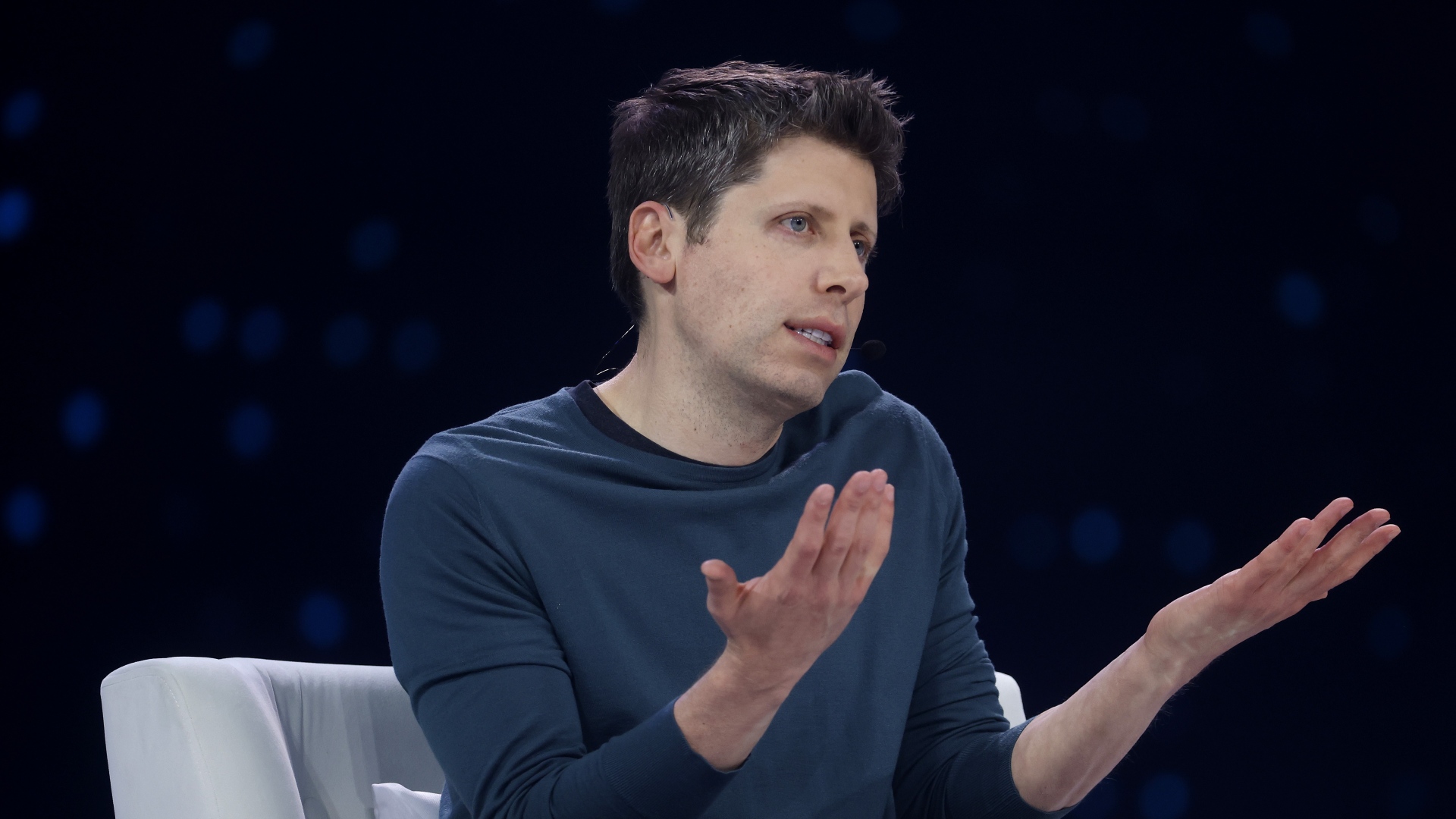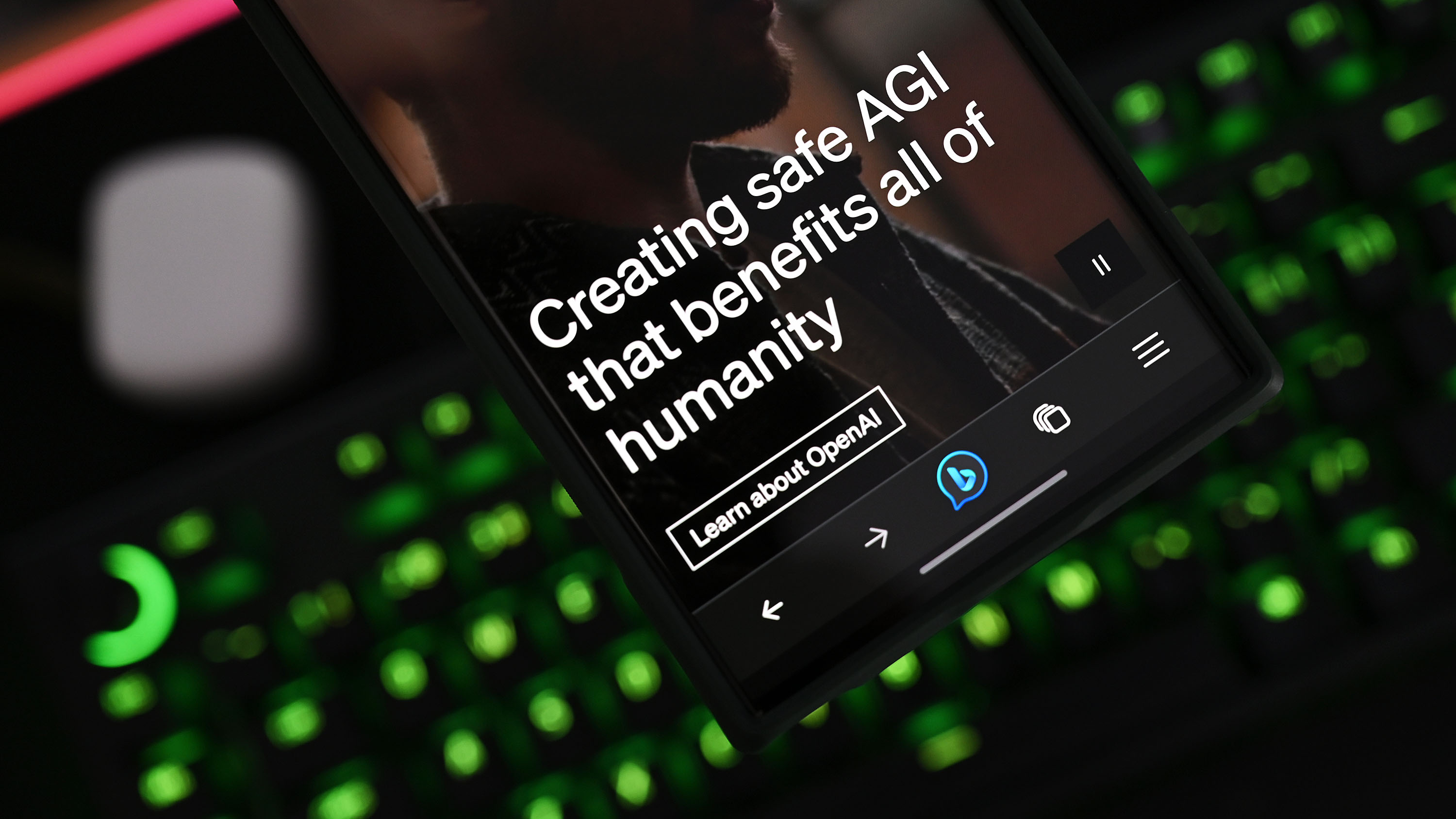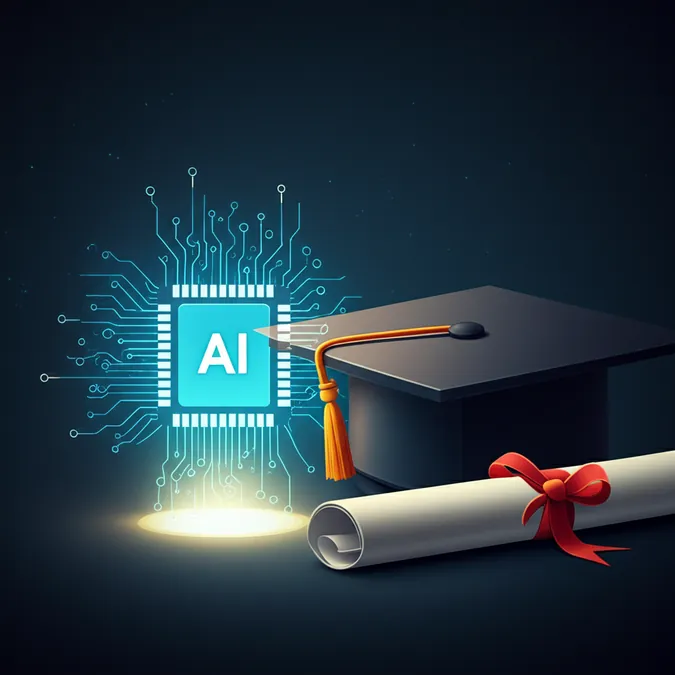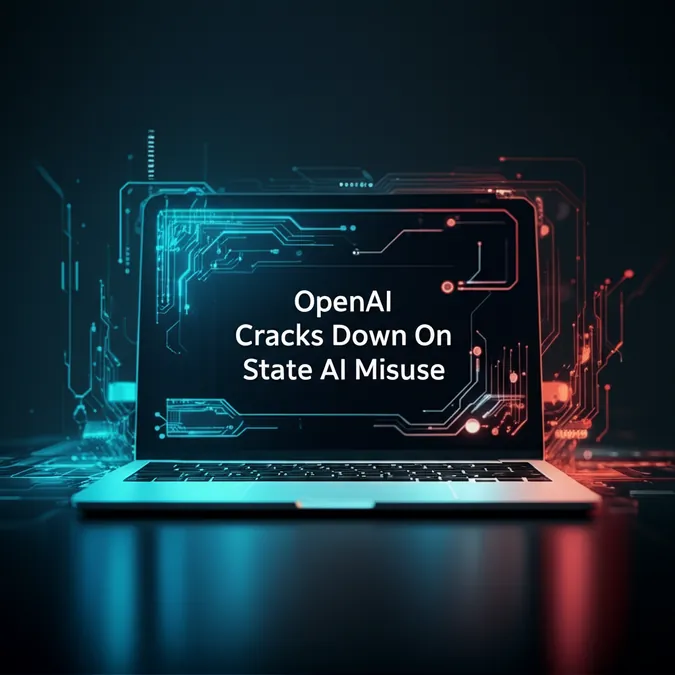Developer Offer
Try ImaginePro API with 50 Free Credits
Build and ship AI-powered visuals with Midjourney, Flux, and more — free credits refresh every month.
Altman OpenAI Sees AI Surpassing Human Power
 OpenAI's CEO shared key insights on artificial general intelligence and job security in the AI era in a new blog post. (Image credit: Getty Images | Justin Sullivan)
OpenAI's CEO shared key insights on artificial general intelligence and job security in the AI era in a new blog post. (Image credit: Getty Images | Justin Sullivan)
OpenAI CEO Sam Altman recently published a blog post titled "The Gentle Singularity," which he suggests might be his last written without generative AI assistance. In this piece, Altman delves into significant topics including the future of AI, the path towards AGI (Artificial General Intelligence), and the implications for job security in an AI-driven world.
Altmans Perspective from The Gentle Singularity
Altman indicated that OpenAI is developing a global AI "brain" designed to be "extremely personalized and easy for everyone to use." He expressed confidence in the progress the ChatGPT maker is making in the AI space, suggesting that startups will soon be recognized for more than just their ideas, stating, "It now looks to me like they are about to have their day in the sun."
wrote a new post, the gentle singularity.realized it may be the last one like this i write with no AI help at all. (proud to have written "From a relativistic perspective, the singularity happens bit by bit, and the merge happens slowly" the old-fashioned way) June 10, 2025
Previously, Altman shared an ambitious AI vision with the United Arab Emirates, involving a $7 trillion investment over many years to construct 36 semiconductor plants and additional data centers. This proposal was met with skepticism from TSMC executives, who reportedly dismissed Altman as "a podcasting bro" for his reportedly absurd computing demands.
AI Capabilities and Economic Shifts
Sam Altman boldly claims, "ChatGPT is already more powerful than any human who has ever lived," noting that hundreds of millions rely on its sophisticated capabilities for significant tasks. He suggested that rapid AI advancements are accelerating scientific progress, especially with the rise of AI agents, which could enhance quality of life while boosting productivity.
However, Altman acknowledged that the rapid emergence of AI could render entire job categories obsolete. He argued that this scenario would also lead to rapid wealth generation globally, facilitating the consideration of new policies that might otherwise be unfeasible. "If history is any guide, we will figure out new things to do and new things to want, and assimilate new tools quickly," Altman commented.
Interestingly, Microsoft's AI CEO Mustafa Suleyman seems to share similar views, envisioning an AI-powered world more inclined toward intelligence than "hard cash" as its currency.
OpenAI's CEO predicts that both intelligence and energy will be abundantly available by 2030. He identified these as common barriers to human progress, suggesting that their widespread availability would put most other advancements within reach.
The Roadmap to Superintelligence
He outlined the following as a plausible path toward superintelligence:
- Solve the alignment problem: This means ensuring AI systems can reliably learn and act according to our collective long-term desires. Altman cited social media feeds as an example of misaligned AI, where algorithms optimize for short-term engagement by exploiting brain mechanisms, often overriding long-term preferences.
- Focus on making superintelligence affordable, widely accessible, and not overly concentrated with any single person, company, or nation. Altman believes society is resilient and adaptable. If we can harness collective human will and wisdom, despite inevitable mistakes, we can learn and adapt to maximize AI's benefits and minimize its downsides. He stressed the importance of granting users significant freedom within broad, societally-decided bounds, advocating for an early global conversation on these limits and collective alignment.
Understanding AI Resource Consumption
 ChatGPT uses "0.000085 gallons of water" per query. (Image credit: Daniel Rubino)
ChatGPT uses "0.000085 gallons of water" per query. (Image credit: Daniel Rubino)
Over recent years, various reports have speculated on the amount of power ChatGPT consumes. While figures have differed, it's clear that AI demands significant electricity and water for cooling.
In April, Sam Altman revealed that OpenAI spends "tens of millions of dollars" on polite prompts, such as "please" and "thank you". Now, he has disclosed specific usage data from OpenAI.
For each query response, ChatGPT uses 0.34 watt-hours, which Altman equates to "about what an oven would use in a little over one second, or a high-efficiency lightbulb would use in a couple of minutes."
We recently learned that OpenAI's GPT-3 model consumes four times more water than previously thought, while GPT-4 consumes up to 3 water bottles to generate a mere 100 words. However, Sam Altman states that ChatGPT uses 0.000085 gallons of water to generate a single response to a query.
Compare Plans & Pricing
Find the plan that matches your workload and unlock full access to ImaginePro.
| Plan | Price | Highlights |
|---|---|---|
| Standard | $8 / month |
|
| Premium | $20 / month |
|
Need custom terms? Talk to us to tailor credits, rate limits, or deployment options.
View All Pricing Details

